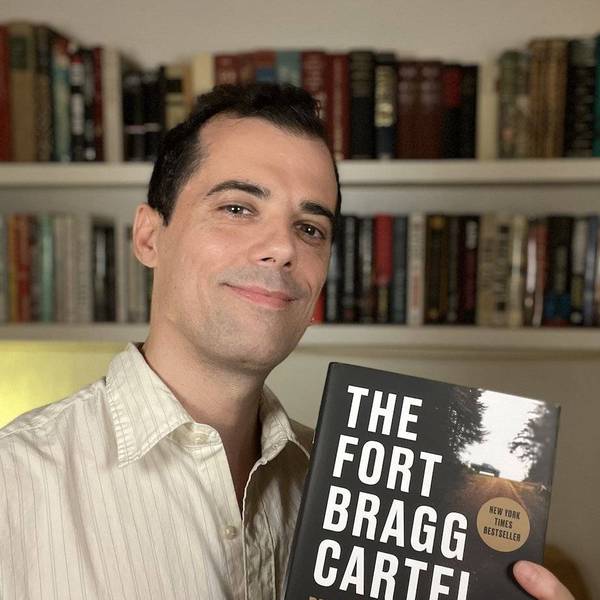The New York Times came under fire on Wednesday for running what critics characterized as "uncontested propaganda" in the form of an op-ed by notorious war profiteer and Blackwater founder Erik Prince.
"When outlets like the Times uncritically publish pieces like Prince's, it further blurs the line between opinion and straight propaganda."
--Sarah Jones, The New Republic
As in his other prominent op-eds that ran recently in the Wall Street Journal and USA Today, Prince--the brother of Education Secretary Betsy DeVos--pitched his plan to largely privatize the 16-year war in Afghanistan. Many have denounced this for-profit scheme--which would place the war in the hands of an American "viceroy" and private mercenaries--as tantamount to "colonialism."
On Wednesday, though, commentators began directing their ire at the outlet that "uncritically" provided a platform for Prince's "advertorial."
"Why is the New York Times op-ed page publishing Erik Prince's sales pitch for more mercenaries?" asked The New Republic's Sarah Jones.
The scheme being proposed "would make Prince, who now owns another private military company, Academi, very rich," Jones added. "The conflicts of interest are glaring, and yet this advertisement was given pride of place in the opinion section."
Further, as Slate's Ben Mathis-Lilley observed, Prince's Times bio failed entirely to highlight these conflicts of interest.
While the bio "notes that [Prince is] the chairman of the Frontier Services Group, it doesn't make clear that the Frontier Services Group's business involves selling 'force protection' to clients in countries including Afghanistan."
As many observed following Prince's Wall Street Journal op-ed, it is hardly surprising that a war profiteer sees an opportunity to profit off a war with no end in sight.
The real problem, argues GQ's Jay Willis, "is not that Prince is taking advantage of an opportunity to shill for his latest collection of well-compensated mercenaries. It's that the New York Times is giving Prince space on its opinion pages in order to do so."
Freelance reporter Paul Blest noted that the Times "allow[ed] Erik Prince to grovel for a new contract" in its opinion section "almost ten years to the day" of the 2007 Nisour Square massacre--the killing of 17 Iraqis by Blackwater security guards.
Others similarly criticized the Times on social media:




